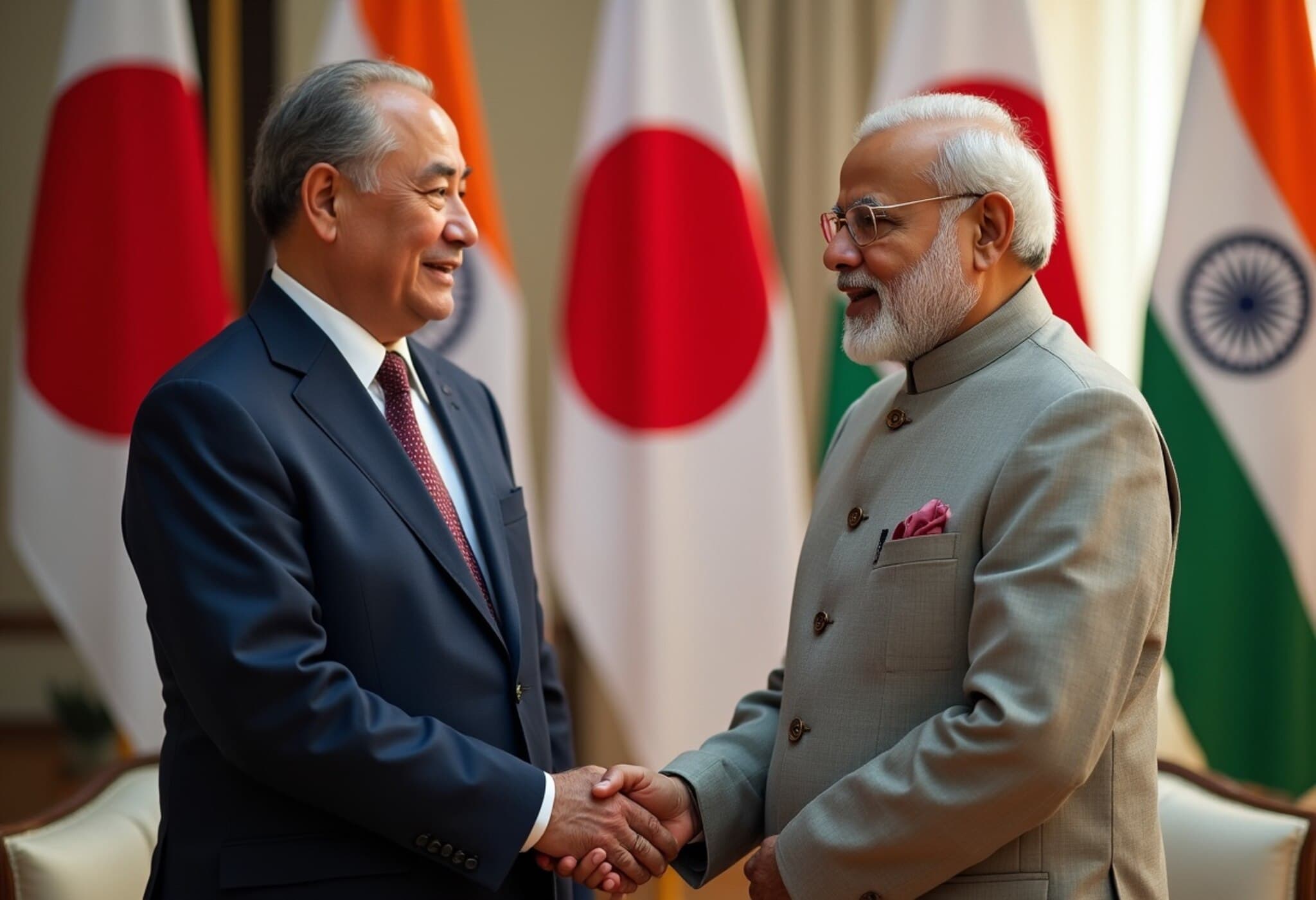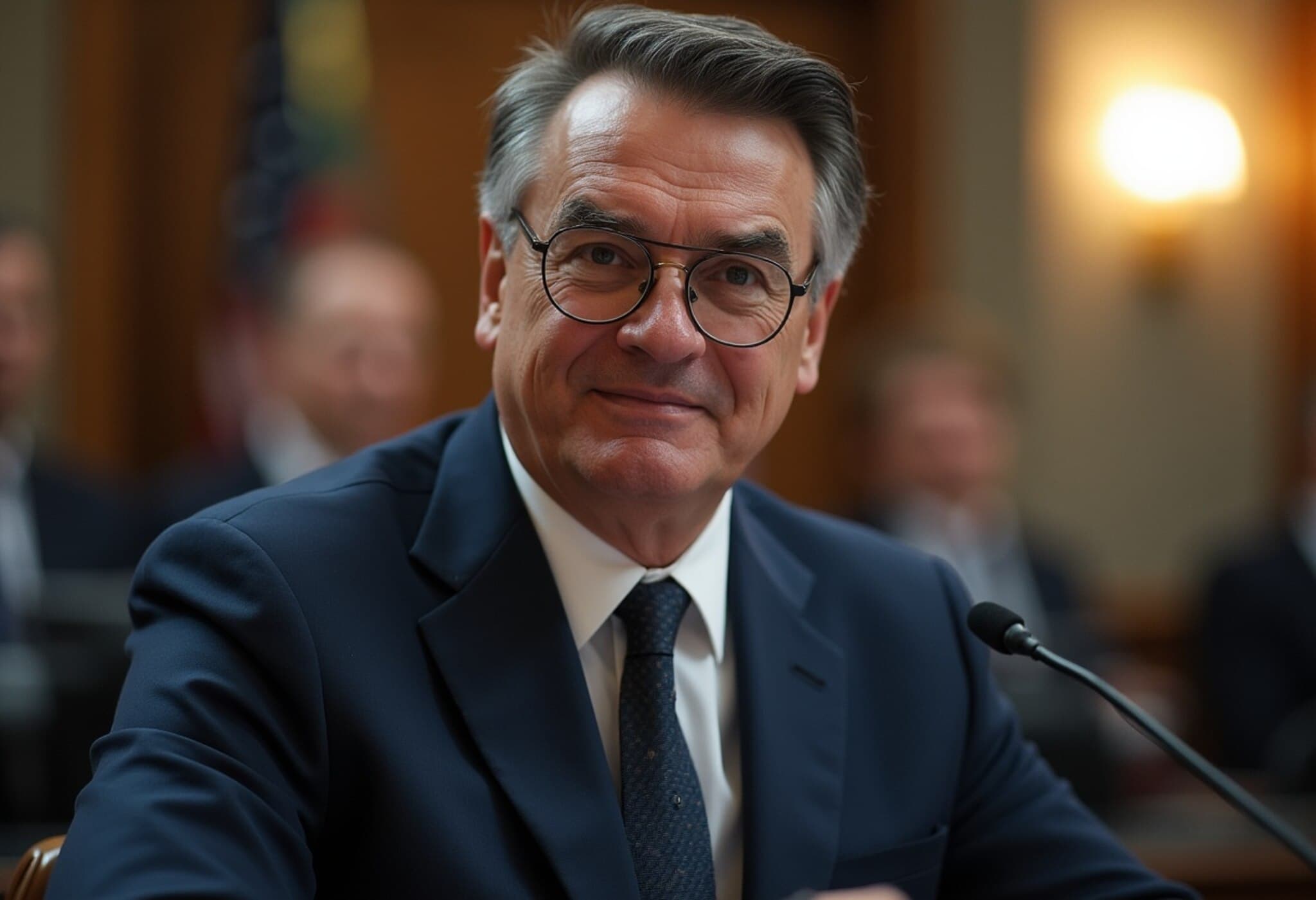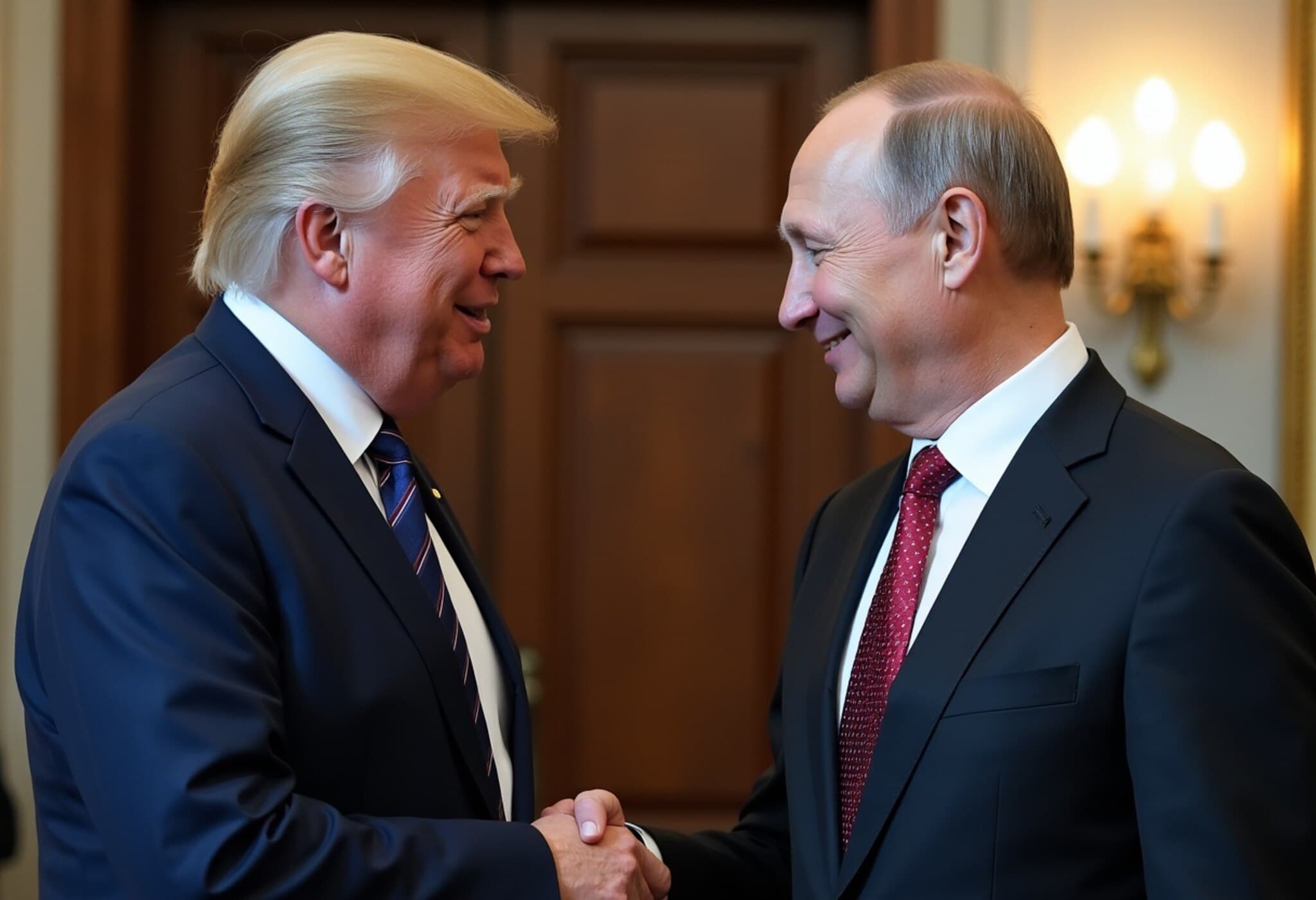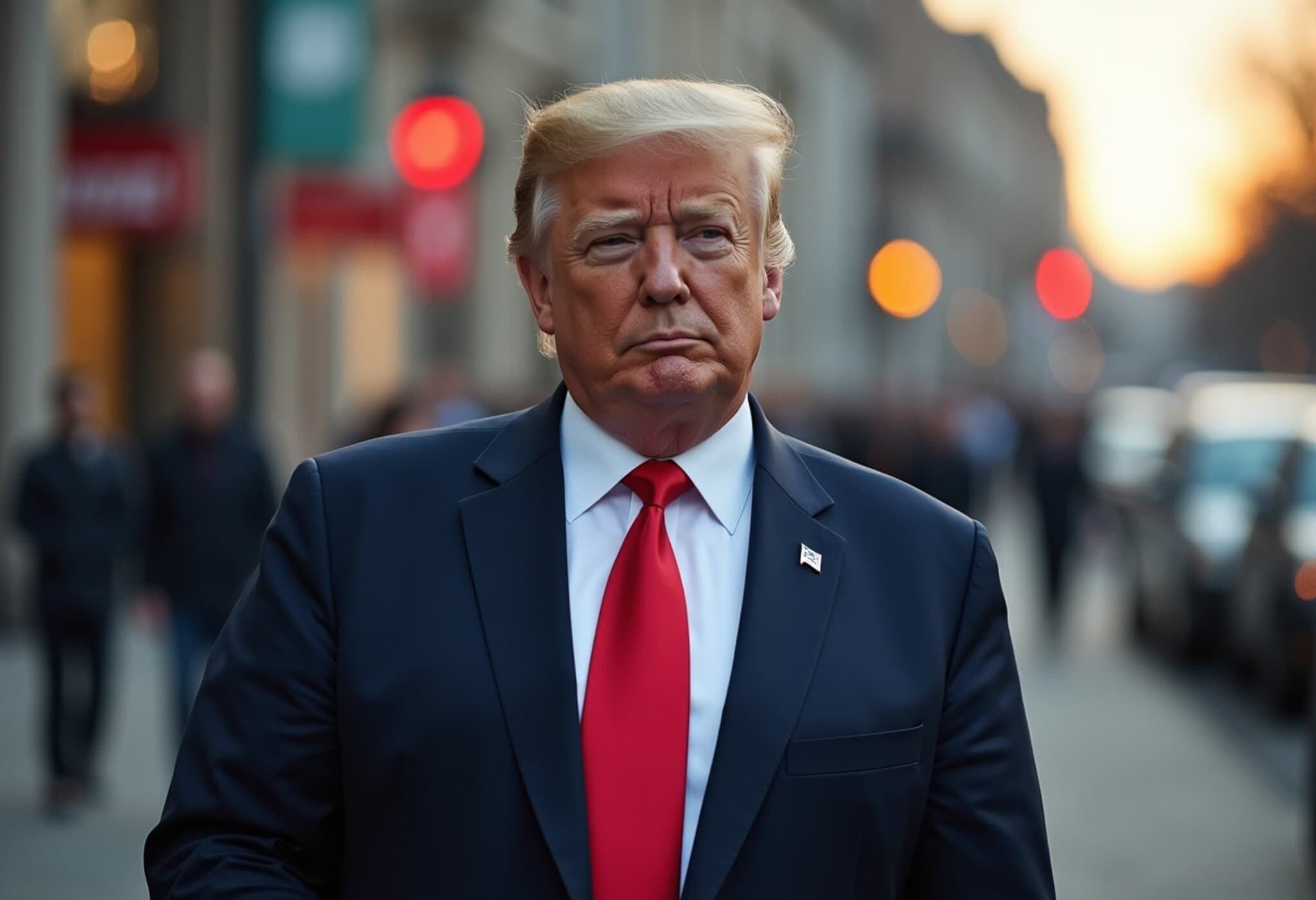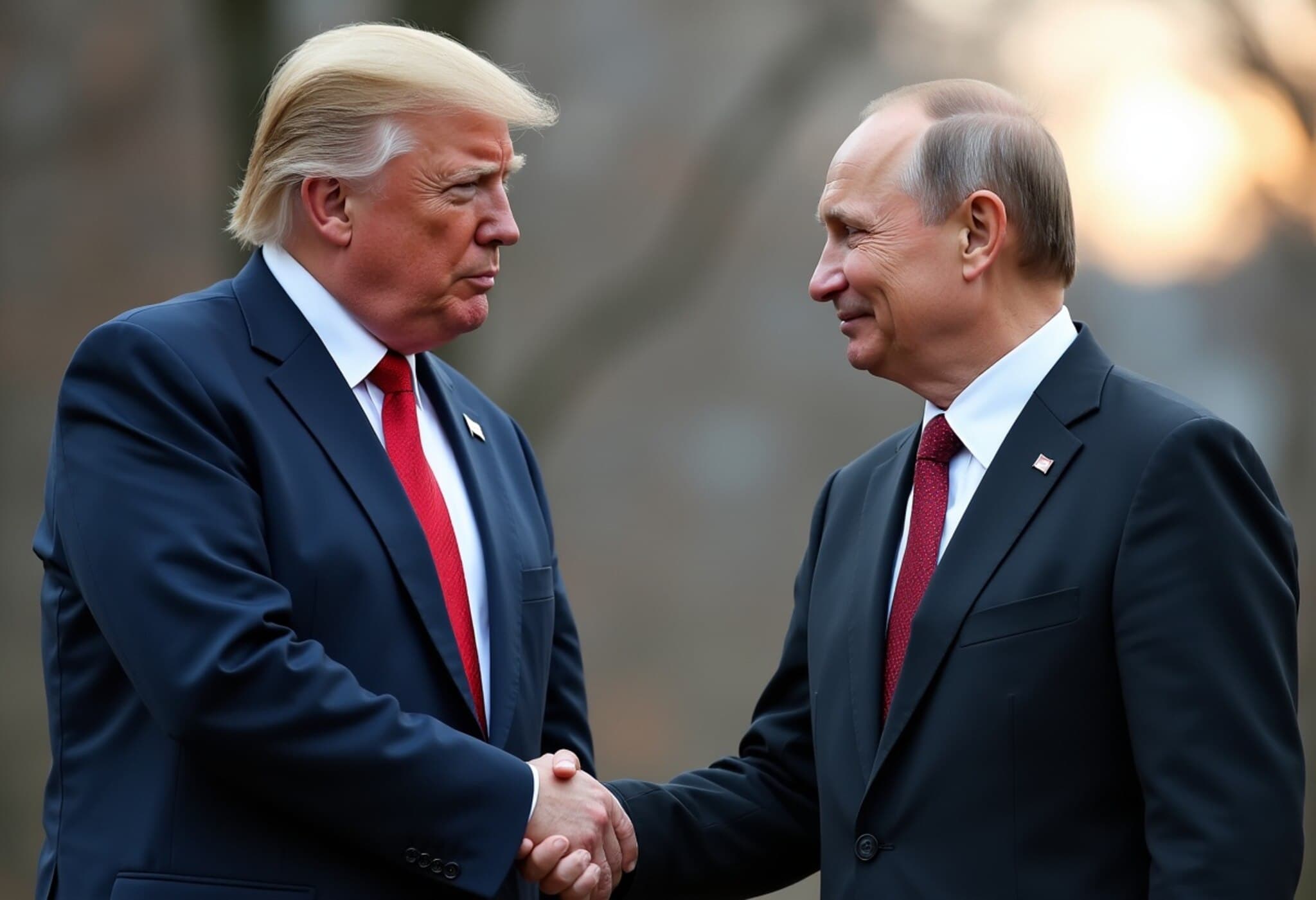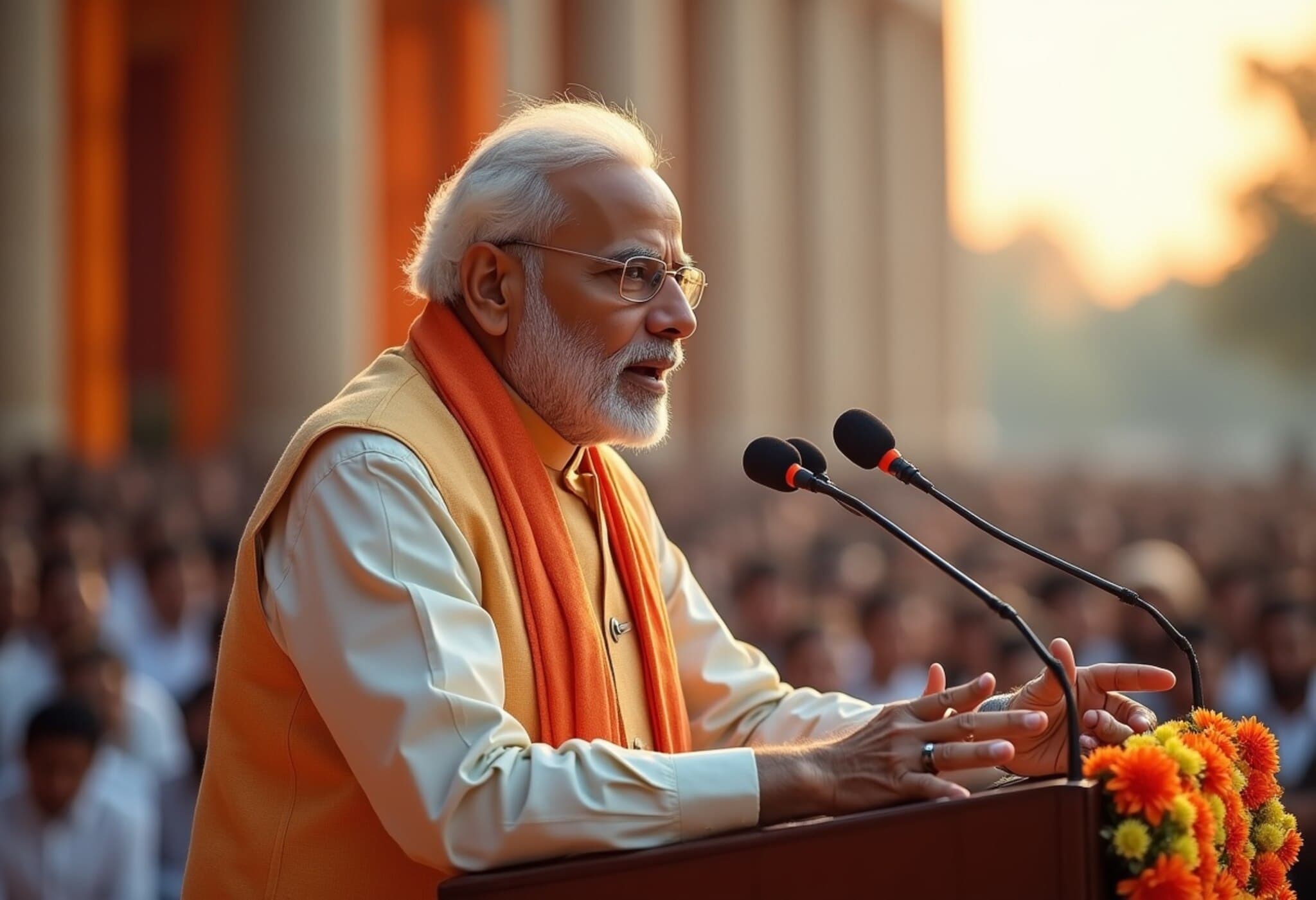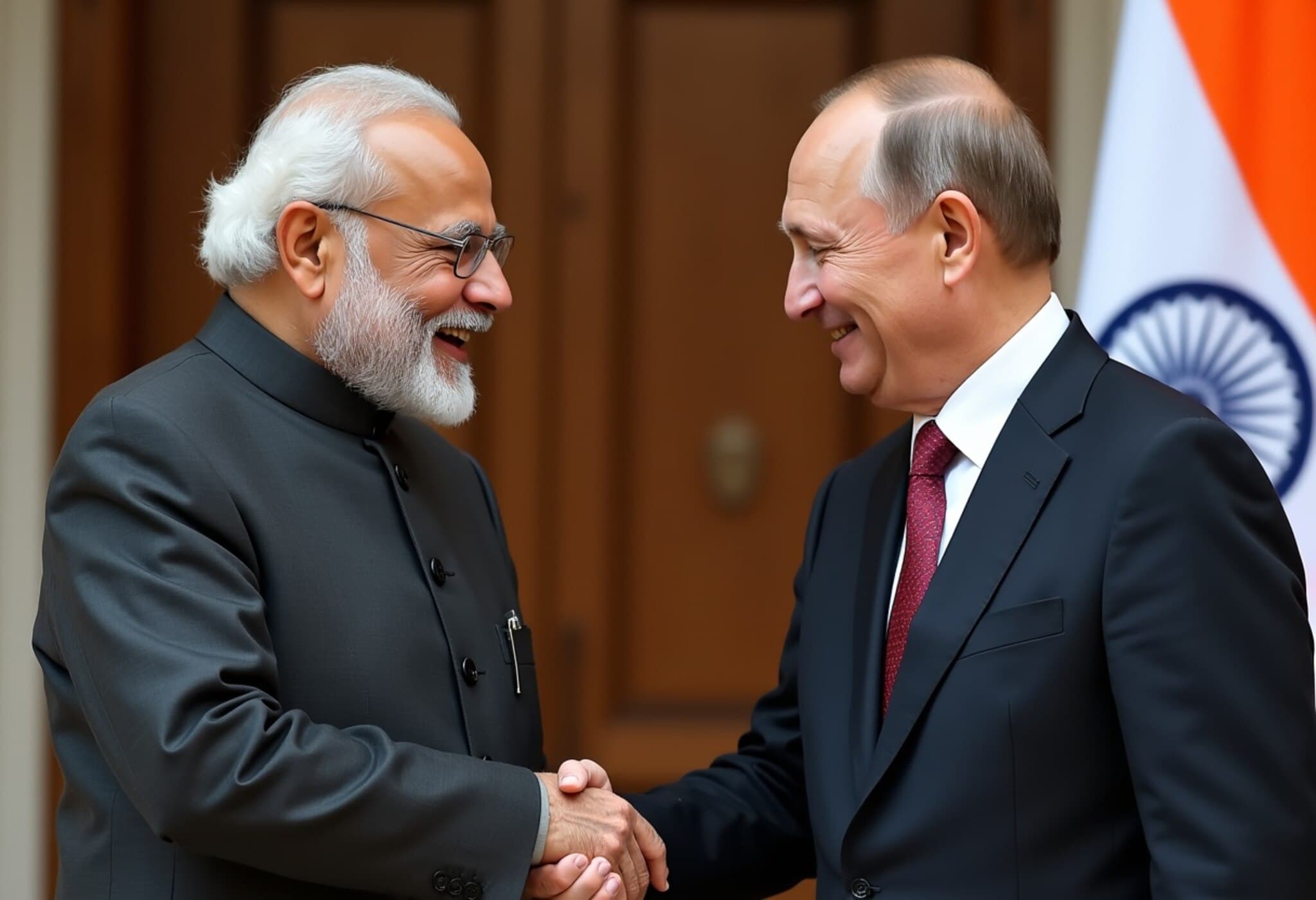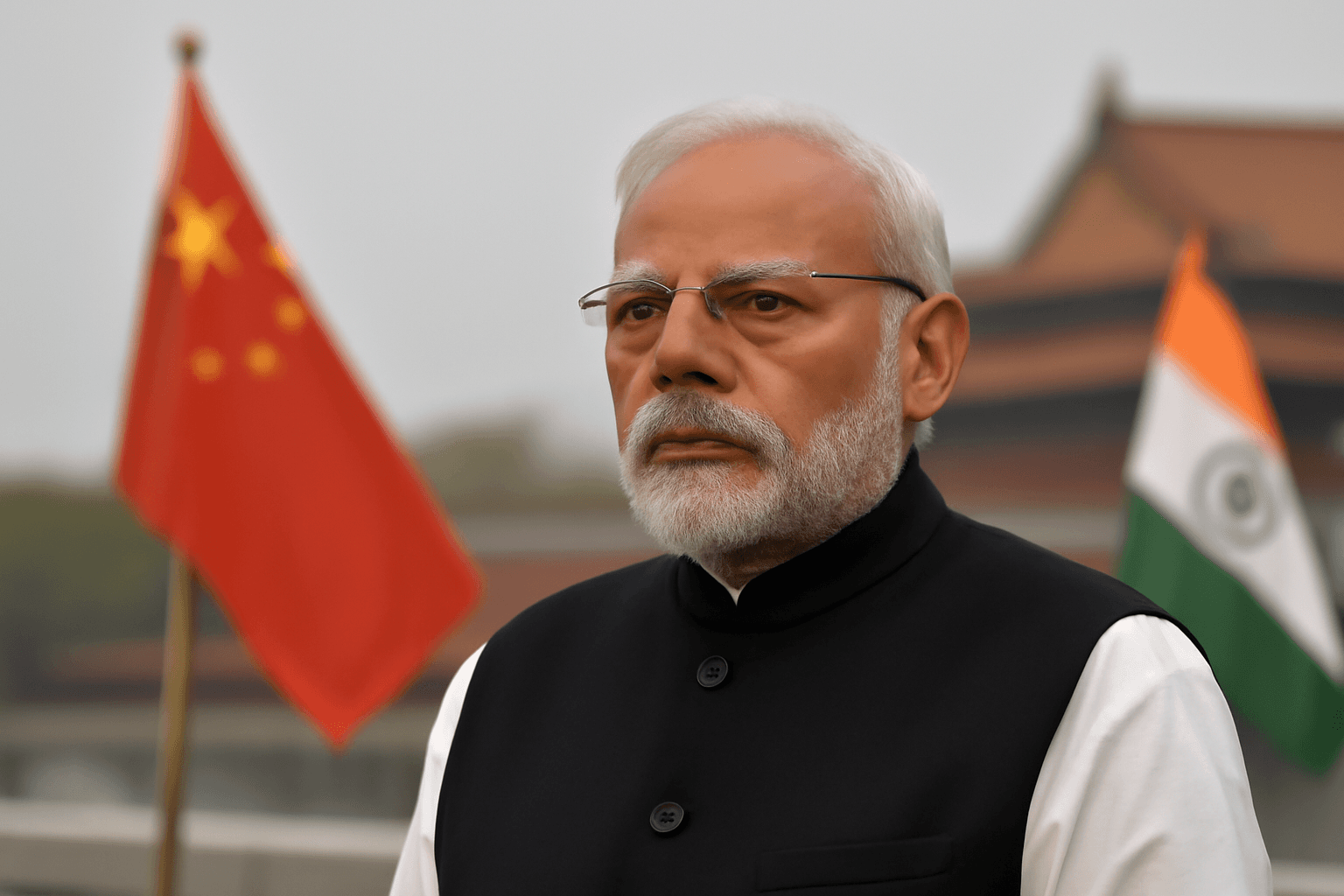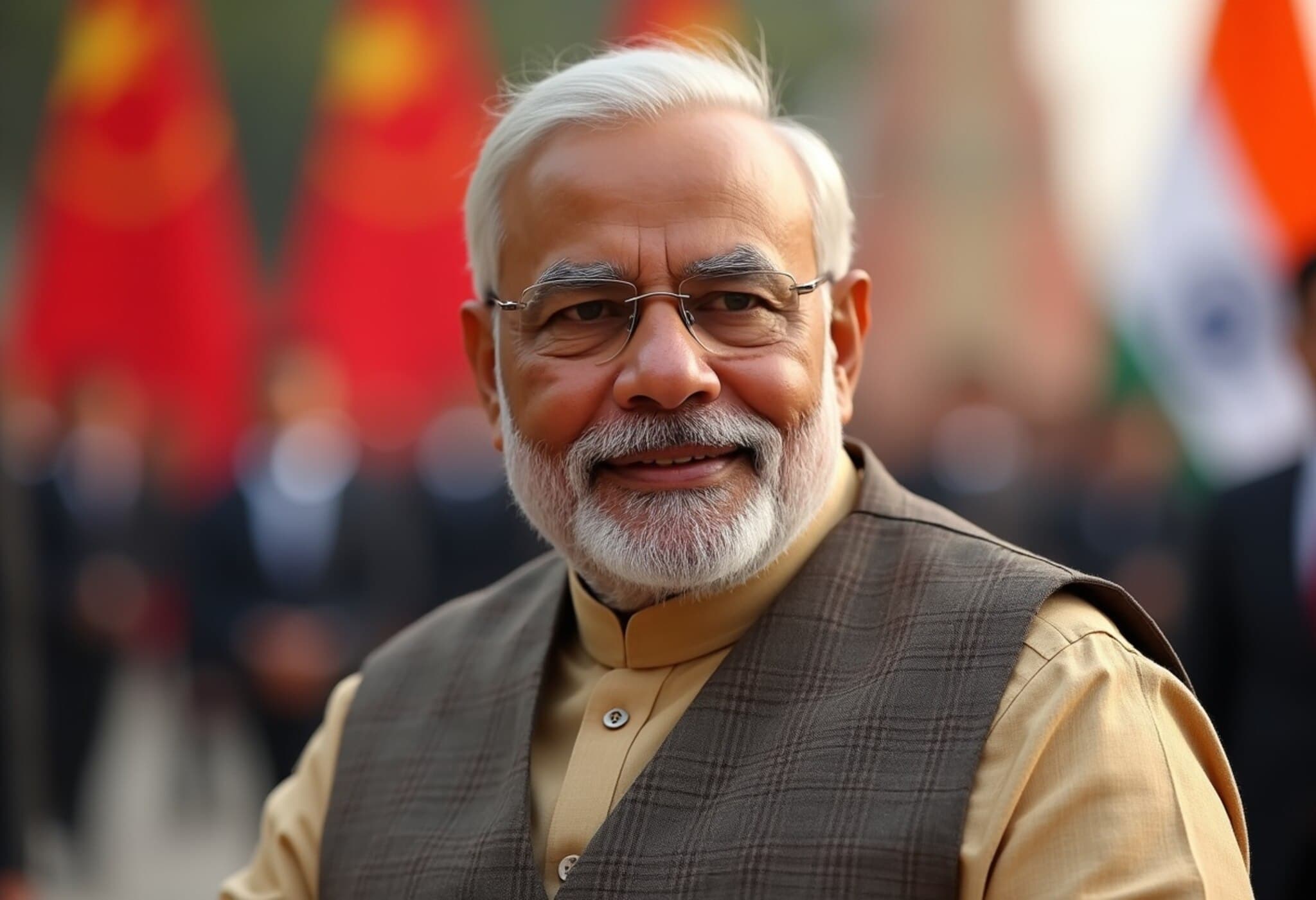PM Modi’s Upcoming Japan Visit: Charting a New Chapter in Bilateral Relations
As Prime Minister Narendra Modi prepares to embark on his 15th India-Japan Annual Summit scheduled for August 29, 2025, the diplomatic atmosphere is charged with anticipation. Indian Ambassador to Japan, Sibi George, highlights this visit as more than a routine event – it is a strategic opportunity to evaluate past achievements and pave a robust roadmap for future collaboration between the two nations.
Deep Roots Beyond Diplomacy: India and Japan’s Civilizational Bond
Ambassador George paints a picture of India-Japan relations that transcends conventional diplomacy. Beyond official protocols, the ties are anchored in ancient civilizational and cultural connections, creating a strong foundation for today’s growing partnership. He recalls the historic establishment of the India-Japan Strategic Global Partnership by PM Modi and former Japanese PM Shinzo Abe in 2014, which has steadily transformed bilateral engagements across multiple sectors.
Economic Collaboration: Navigating India’s Amritkal Journey with Japan
Japan’s role in India’s economic transformation emerges as a pivotal theme. The ambassador stresses that as India embarks on its “Amritkal” 25-year journey to becoming a developed nation, Japan remains a critical and reliable partner. This partnership is exemplified by the iconic presence of Suzuki, which revolutionized India’s automobile industry four decades ago, symbolizing deeper economic integration.
Building on recent milestones, India and Japan inked an agreement in 2022 to facilitate a substantial investment of 5 trillion yen (approximately Rs 2.75 lakh crore) over five years. As of now, nearly 4 trillion yen has already been mobilized, and the upcoming summit is poised to announce fresh initiatives to ramp up this collaboration even further.
Revisiting Security Cooperation Amid Regional Dynamics
After 17 years since the last revision, the joint declaration on security cooperation between India and Japan is expected to be revisited. Ambassador George acknowledges the evolving geopolitical landscape, making this a timely reassessment of defense ties originally formalized in 2008. The summit promises to deliver several outcome documents, including joint statements, which will likely deepen security collaboration addressing emergent challenges in the Indo-Pacific.
Expanding People-to-People Ties: Addressing Workforce and Education Gaps
Despite robust government-level partnerships, the ambassador points out a missed opportunity in scaling people-to-people exchanges. The current number of Indian workers and students in Japan remains limited. Given Japan’s forecasted shortage of nearly 790,000 advanced technology workers by 2030, there is fertile ground for expanding bilateral cooperation in human resources and technical education. A 'quantum leap' in this domain could unlock mutual socioeconomic benefits and deepen grassroots relationships.
The Quad Factor: Strengthening Regional Cooperation in the Indo-Pacific
The Quadrilateral Security Dialogue (Quad) between India, Japan, the United States, and Australia figures prominently in framework discussions. Ambassador George describes the Quad as a cornerstone of India-Japan strategic ties, emphasizing its critical role in shaping the Indo-Pacific's future. With India hosting the Quad this year, the dialogue is expected to permeate bilateral talks, underscoring shared visions for peace, security, and prosperity in the region.
Infrastructure and Innovation: The Mumbai-Ahmedabad Bullet Train as a Symbol of Partnership
Japan’s historic support in infrastructure projects continues unabated, with the Mumbai-Ahmedabad bullet train exemplifying high-impact collaboration. Ambassador George confirms steady progress toward the project’s goal of operational trains by 2027. Tokyo’s provision of advanced Shinkansen technology—potentially including E5 and E3 train models for trial runs—showcases the fusion of cutting-edge innovation with India’s development aspirations.
Contextual Outlook: Strategic Partnerships in a Shifting Global Landscape
PM Modi's visit, his first standalone summit in Japan after a seven-year hiatus, constitutes his eighth visit since 2014 and underscores the steadfast commitment India places on this bilateral relationship. The visit arrives at a juncture when Indo-Pacific geopolitics, economic reforms, and regional connectivity demand resilient collaborations.
Experts close to this evolving partnership note that the summit is not just about reaffirming alliances but exploring challenging conversations around new technologies, climate resilience, regional security, and workforce mobility. The burgeoning India-Japan relationship could serve as a blueprint for other partnerships Asia and beyond, balancing economic ambition with strategic foresight.
Editor’s Note
PM Modi’s upcoming Japan visit shines a spotlight on a relationship that is dynamic, multifaceted, and deeply rooted in history. Beyond the headlines about investments and security, it raises compelling questions: How can India and Japan better leverage people-to-people ties to address demographic challenges? What role will their alliance play in stabilizing the Indo-Pacific amid rising geopolitical tensions? And, critically, how will this partnership inspire other nations navigating the complexities of 21st-century diplomacy?
As global interdependence intensifies, this summit could mark a new milestone, reaffirming that strategic partnerships grounded in shared values and mutual respect remain the cornerstone of sustainable progress.

